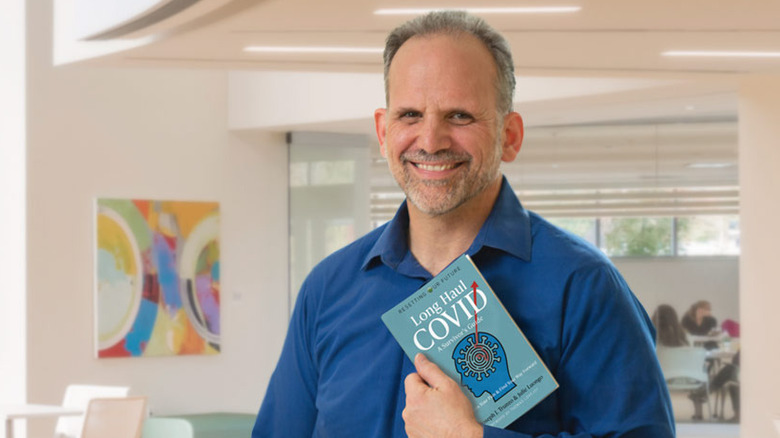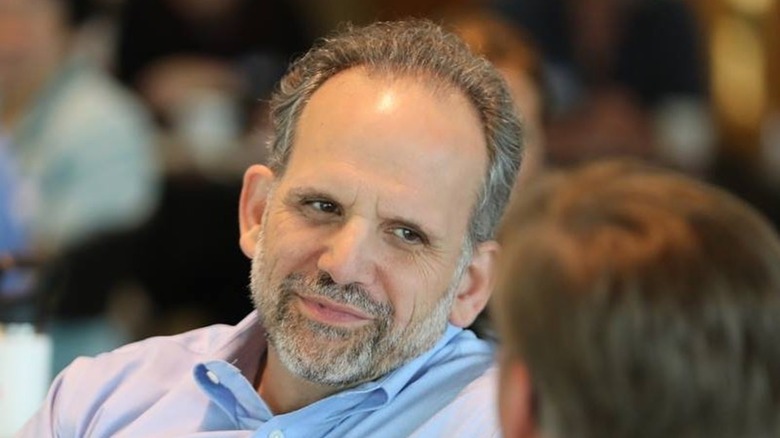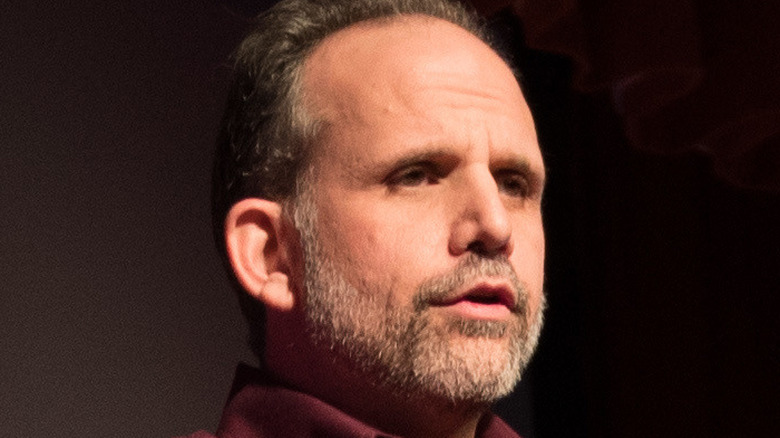At some point in our lives, most of us have been knocked out by a virus. We know what it’s like to be so tired we can barely make it from bed to the bathroom, to be so achy that even rolling over hurts, to have trouble breathing well. Luckily, within a week or two, the misery of that virus is behind us.
But what if you never recovered? That’s the reality for millions of people living with post-COVID syndrome, also called long COVID or long haul COVID. Every day, they’re struggling with symptoms like extreme fatigue, body aches, joint pain, muscle pain, brain fog, cognitive difficulties, and even cardiac issues. Before COVID, many of these people were active and energetic. Now, many of them are barely able to participate in normal life.
Coping with this “can be extraordinarily difficult” according to Dr. Joseph Trunzo, a psychologist who specializes in helping people with chronic illness. But given the right tools, people can adjust and thrive. His book, “Long Haul COVID: A Survivor’s Guide,” which he wrote with long COVID survivor Julie Luongo, walks people through the strategies they can use to adjust and cope. In an exclusive interview with Health Digest, Dr. Trunzo shared some of those strategies and explained how they can help people struggling with long COVID.
Using Acceptance and Commitment Therapy to cope with chronic illness

Dr. Trunzo did his post-graduate and post-doctoral work with cancer patients and went on to work with people with all kinds of long-term illnesses. He’s spent his career refining his approach to helping people cope with chronic illness, and he’s landed on one method that really works. Acceptance and Commitment Therapy (ACT) encourages people to face the uncomfortable things happening in their lives, like chronic illness, without trying to avoid or escape their difficult feelings. It teaches them how to stay present with their feelings, accept their circumstances, and redirect their energy into beneficial activities.
Dr. Trunzo has found that ACT works particularly well for people living with chronic illnesses because it teaches them psychological flexibility, which allows them to come to terms with their illness, adjust their expectations, and find new ways to engage with the things they love.
“Psychological flexibility teaches us how to weave and navigate our way around those challenges so that we can keep moving forward in whatever way possible,” he explained. “It’s probably not going to be in the same way or to the same degree that you were able to do it before, but every little bit is better than no bit at all.”
Focusing on hope

Dr. Trunzo said that one of the most difficult things for people with chronic illnesses, including long COVID, is the realization that they may never feel better. This realization can throw even the most resilient people into a deep depression. The key to getting out of this dark place is creating hope, according to Dr. Trunzo.
“Even if you have long COVID, even if it’s turned your life upside down, even if you’re suffering in almost immeasurable ways, there are ways to live better and to navigate that pain and that difficulty in a way that feels better than what you’re feeling right now,” he insisted. “That’s my message of hope and optimism for folks who are suffering with this.”
This approach isn’t toxic positivity, though. Dr. Trunzo doesn’t ask his patients to use hope as a way to ignore their grief, anger, and disappointment about being sick. Instead, he helps them accept all those feelings, move through them, and find authentic hope based in the realities of their lives.
Visit Changemakers Books to order your copy of “Long Haul COVID: A Survivor’s Guide” today.




